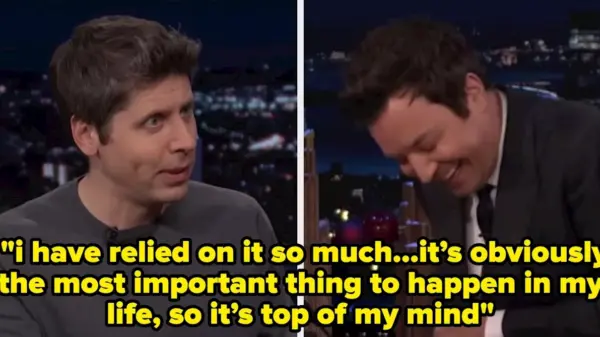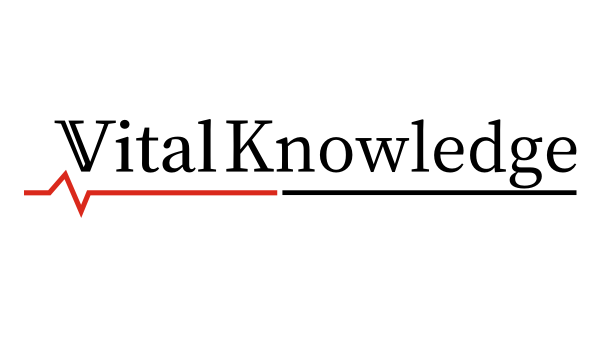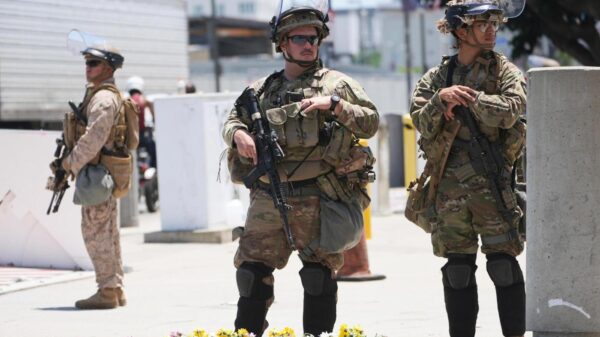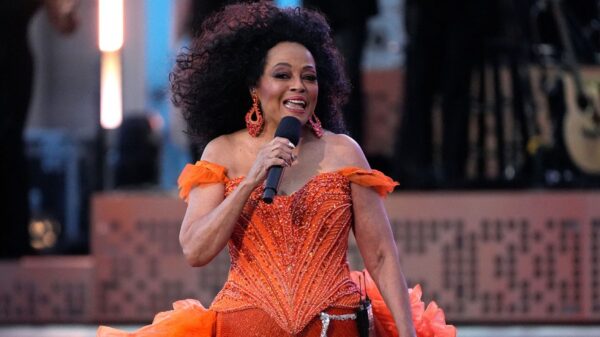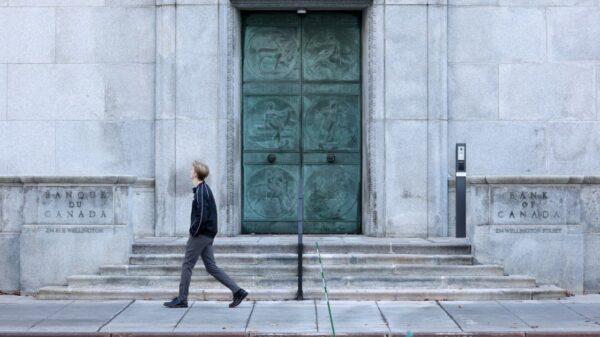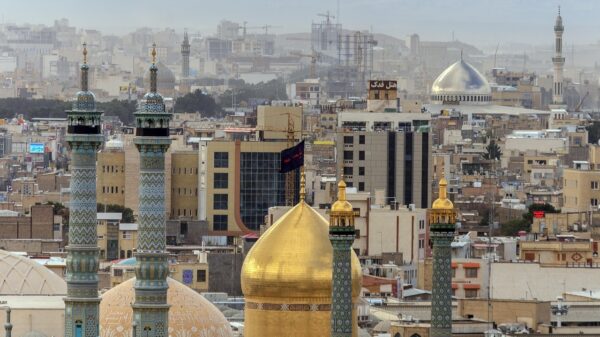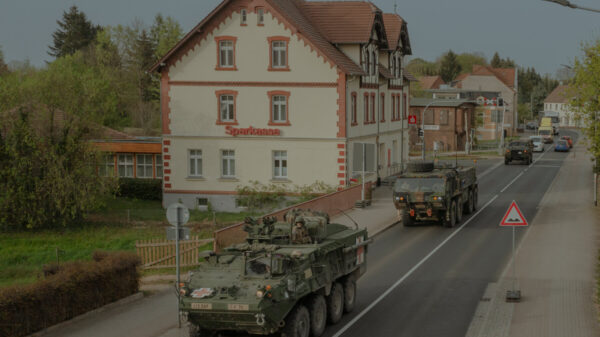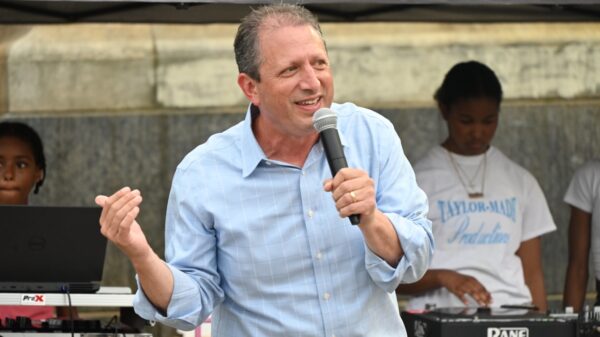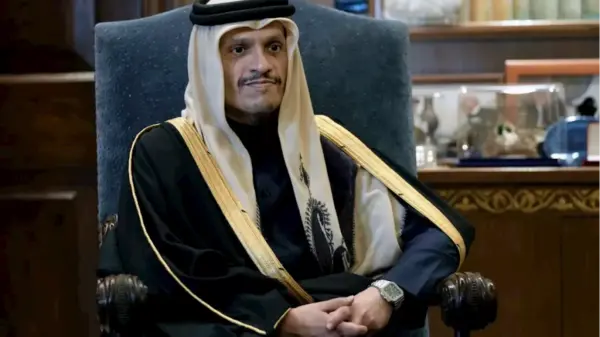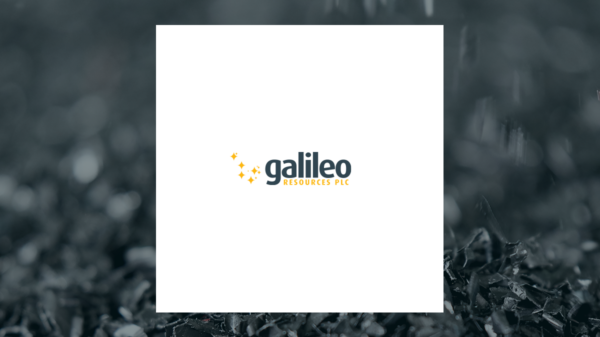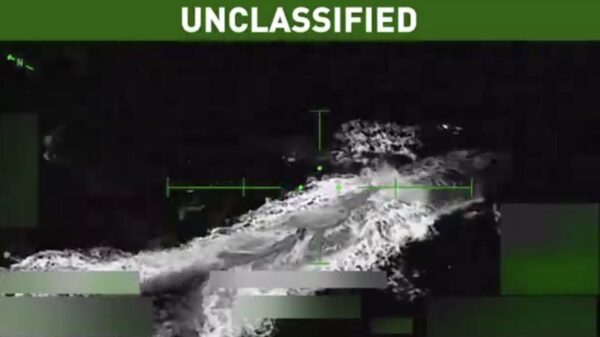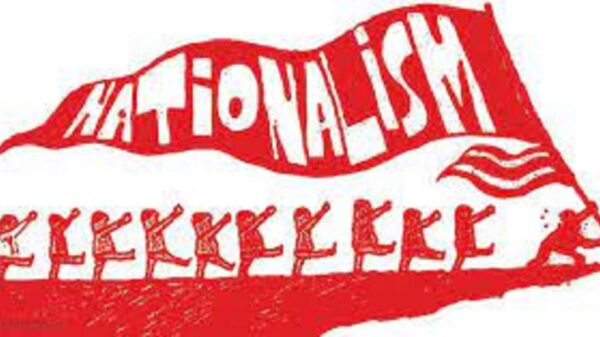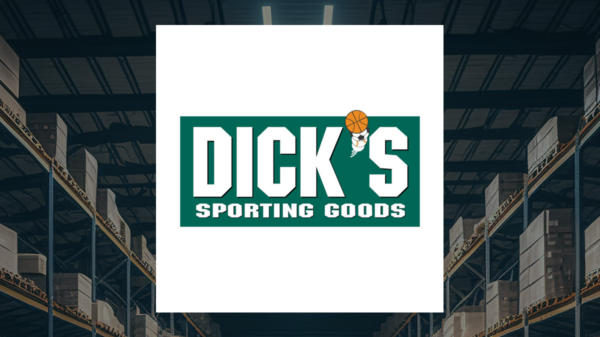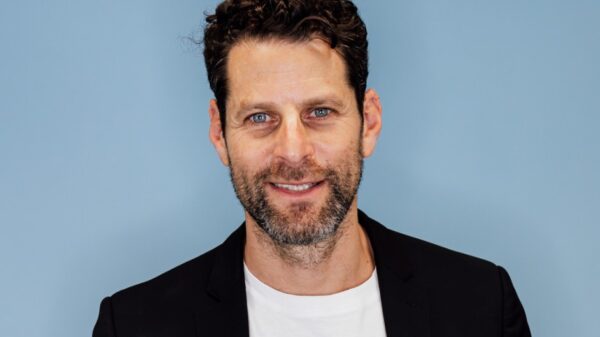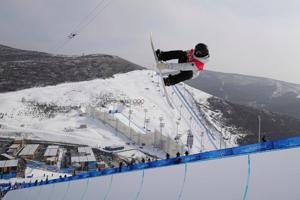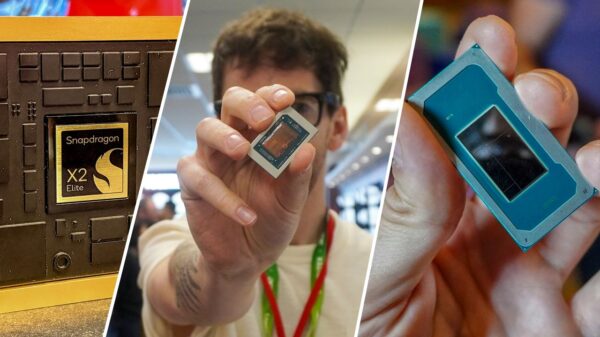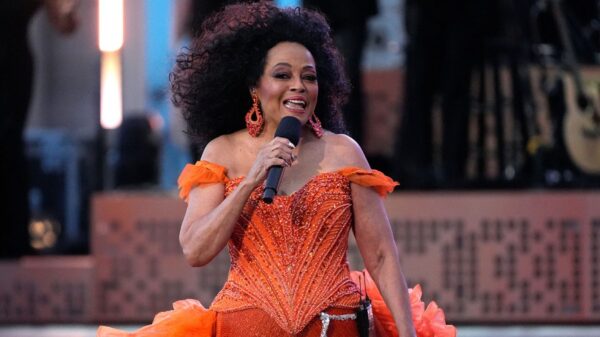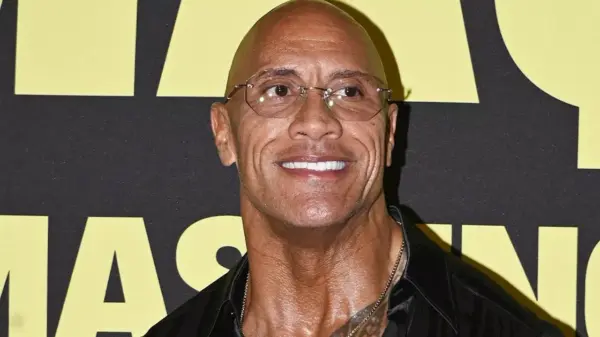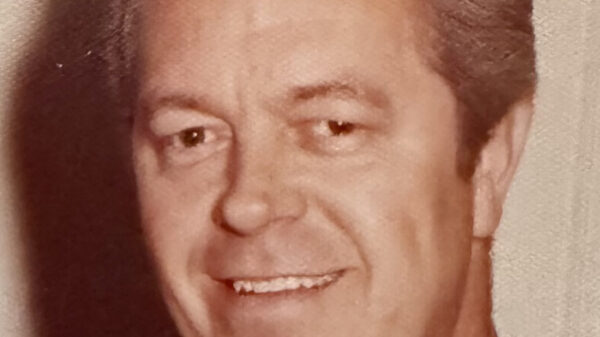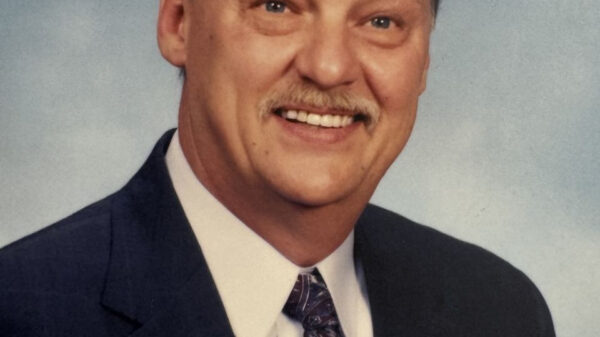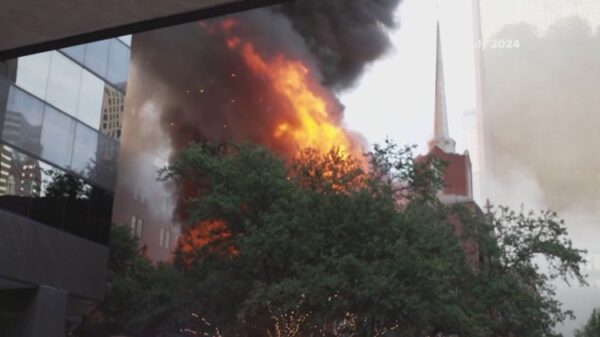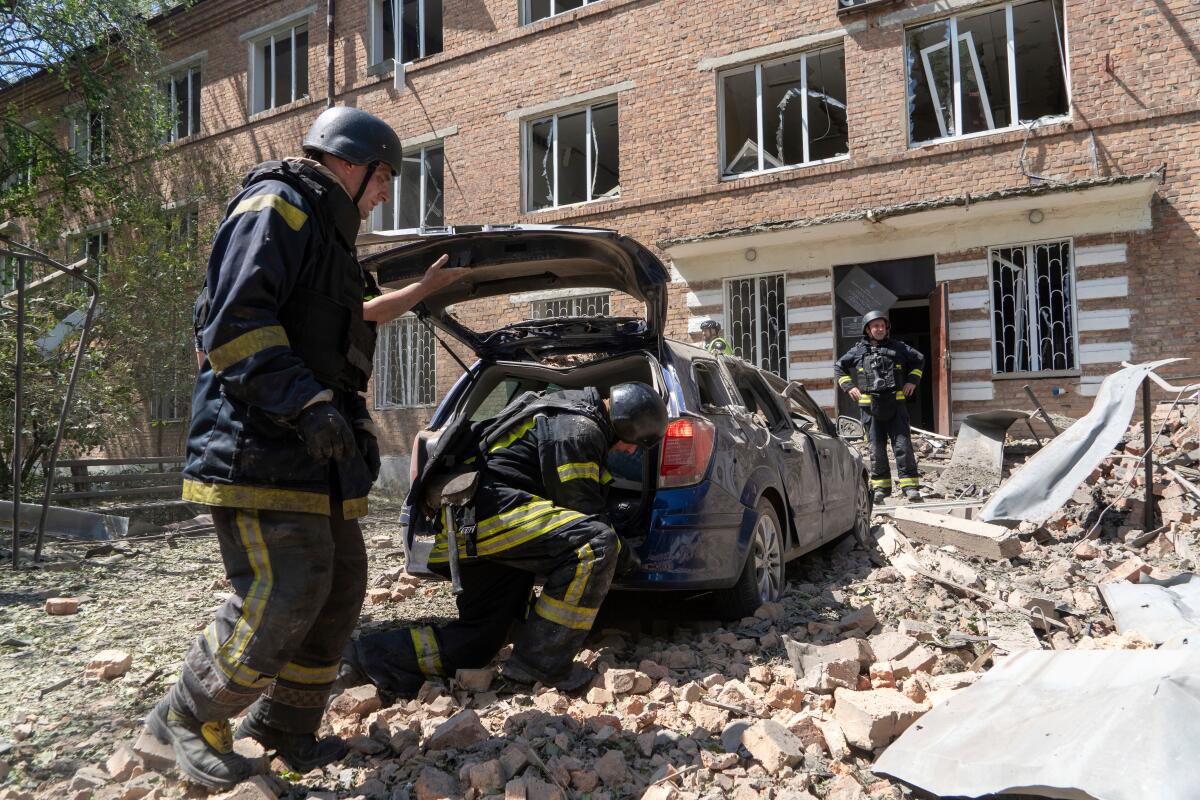Ukrainian President Volodymyr Zelensky reported that Ukrainian forces are successfully resisting Russia’s intensified summer offensive aimed at breaching defenses along the front line. Speaking to reporters on Thursday, Zelensky stated, “They are not advancing. It’s very tough for our guys out there. And it’s tough everywhere.” His comments, which were embargoed until Friday, highlight the ongoing challenges faced by both sides in a conflict that has escalated over the past year and a half.
The conflict, now entering its fourth year following Russia’s invasion in February 2022, has severely strained resources on both sides. Despite this, Zelensky emphasized that Ukrainian forces have been able to repel numerous attempts at incursion by Russian sabotage and reconnaissance groups near Pokrovsk in the eastern Donetsk region. These groups have made several attempts to raise Russian flags in symbolic gestures, but each effort has been thwarted, according to Zelensky. “It happened five to seven times recently, sometimes with only two or six people. Once they tried to hold a position with 12 people — and all of them were eliminated by our defenders,” he explained.
Humanitarian Concerns and Military Aid Requests
As the fighting continues, Russian bombardments have intensified, with the city of Kharkiv being hit again on Friday, injuring seven individuals after a powerful glide bomb strike. This follows a previous assault on Thursday, which resulted in 42 injuries. Joyce Msuya, the United Nations’ deputy humanitarian chief, addressed the Security Council, stating that Ukraine’s humanitarian crisis is worsening due to ongoing Russian attacks on civilian areas. “There is no safe place left in Ukraine,” she remarked.
In response to the escalating situation, Zelensky announced that Ukraine is actively seeking to acquire 10 U.S.-made Patriot missile systems, which are designed to intercept incoming missiles. Currently, three systems have been confirmed from international partners, including Germany and Norway. Each system comes with a price tag exceeding $1 billion, and Zelensky underscored the need for Ukraine to secure funding for the remaining systems. Moreover, Ukraine is pursuing a license to manufacture these systems domestically.
Prospects for Peace and Domestic Challenges
Zelensky also expressed skepticism regarding the potential for progress in peace talks with Russia. While he noted that the Kremlin’s representatives have begun discussions about a leaders’ summit, he emphasized that substantial negotiations would only occur after a comprehensive peace agreement is established. “We need an end to the war, which probably begins with a meeting of leaders. It won’t work any other way with the Russians,” he stated. In contrast, Kremlin spokesman Dmitry Peskov maintained that high-level discussions are not feasible until foundational agreements are made.
Amidst the ongoing conflict, Zelensky addressed domestic political issues, particularly public protests against recent amendments to Ukraine’s anti-corruption law. These changes have raised concerns regarding the independence of key anti-graft organizations and have drawn criticism from European Union officials and international rights groups. Zelensky deemed the protests “legitimate” and proposed new legislation to ensure the autonomy of anti-corruption agencies. “It’s very important that society speaks. I respect the opinion of society,” he remarked.
As protests continue, the risk remains that the Verkhovna Rada, Ukraine’s parliament, may not approve the new anti-corruption bill, potentially leading to larger demonstrations. Zelensky expressed confidence in the bill’s passage during a vote scheduled for July 31, 2023. “The most important thing right now is that the bill exists. I believe it will receive enough votes. I want that to happen,” he concluded.
The situation in Ukraine remains precarious, with military, humanitarian, and political challenges intertwining as the country seeks to navigate through the ongoing conflict.

